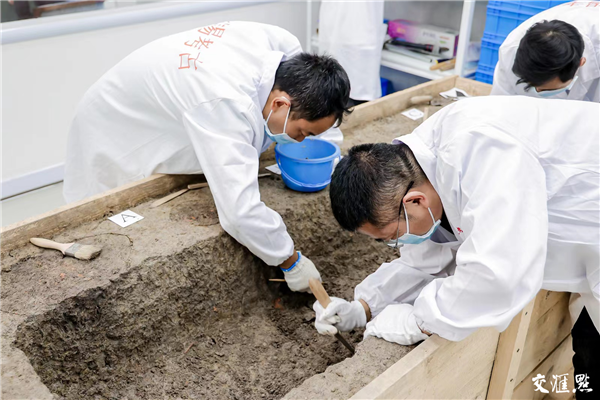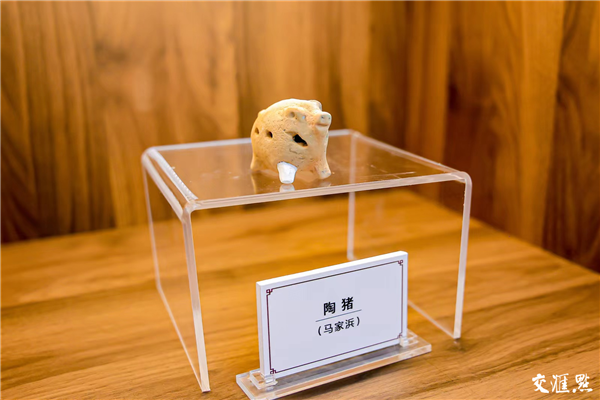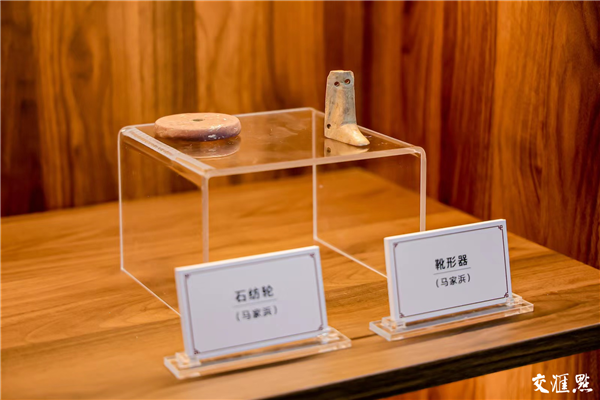Lab-based archaeological study of Majiabang Culture streamed live

Archaeology is not only about digging in the ground in search of traces of the past but also involves efforts at archaeological labs. On June 2, the Wuxi Institute of Cultural Relics and Archaeology showcased lab-based investigation into the discoveries at tombs associated with Majiabang Culture dating back over 6,000 years.
The lab is part of the East China Base of the Institute of Archaeology, Chinese Academy of Social Sciences, located in the city's Binhu District. The lab archaeology was livestreamed to enhance public awareness of archaeological studies. This also marked the first such research into the tombs, where multidisciplinary experts collaborated for first time in the extraction of prehistoric samples.
As a Neolithic culture in the lower reaches of the Yangtze River, the Majiabang Culture was centered in the Taihu Lake Basin. Later, it transitioned into a patrilineal society and developed into the Liangzhu Culture, a testament to Chinese civilization. Majiabang Culture marked the official beginning of human history in the Jiangnan region, earning it the title of "the origin of Jiangnan culture."


The artifacts discovered from the Majiabang Culture period include fishing tools, production tools primarily stone chisel and spinning wheel, daily-use pottery, and decorative items mainly made of jade.